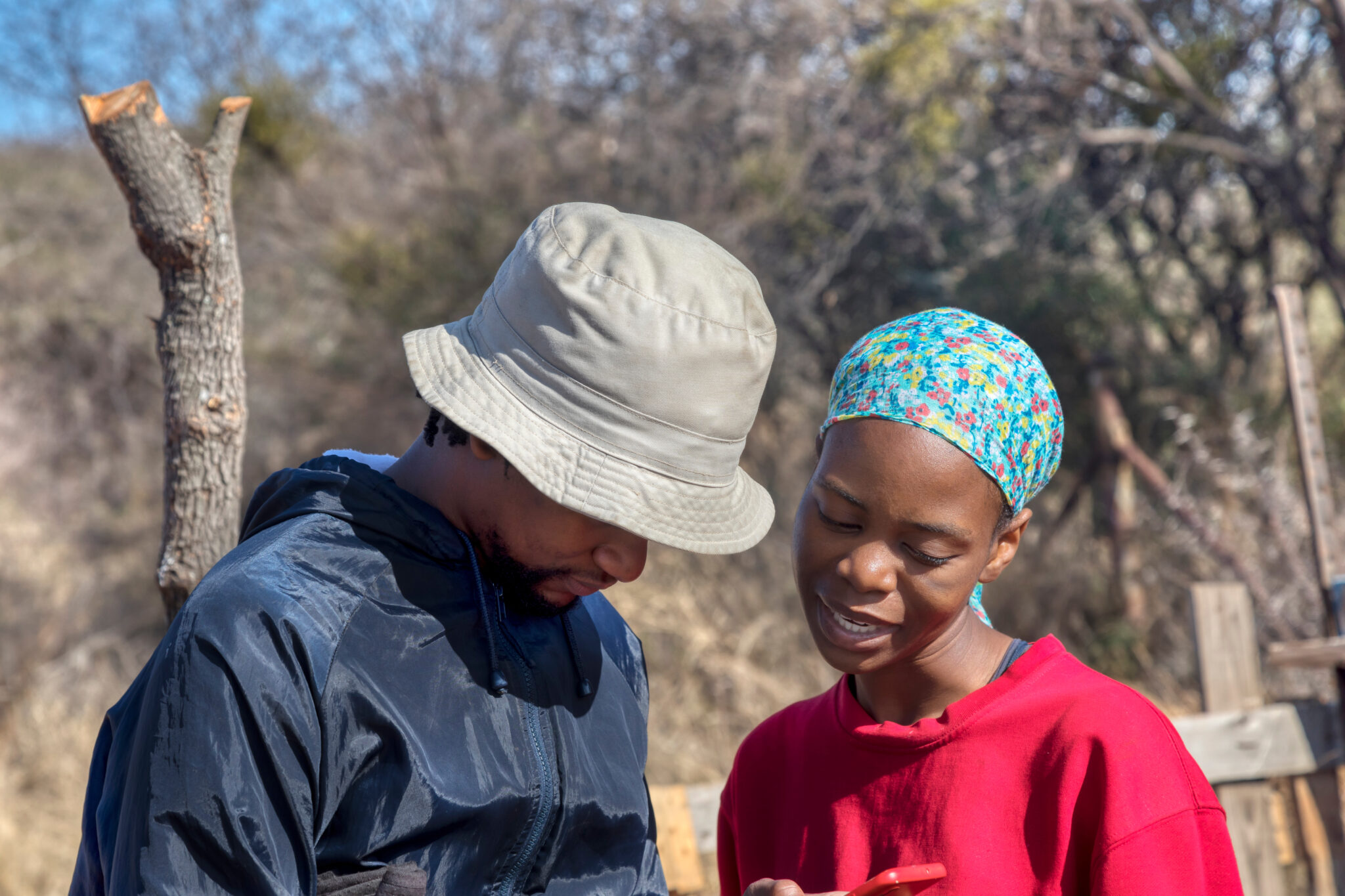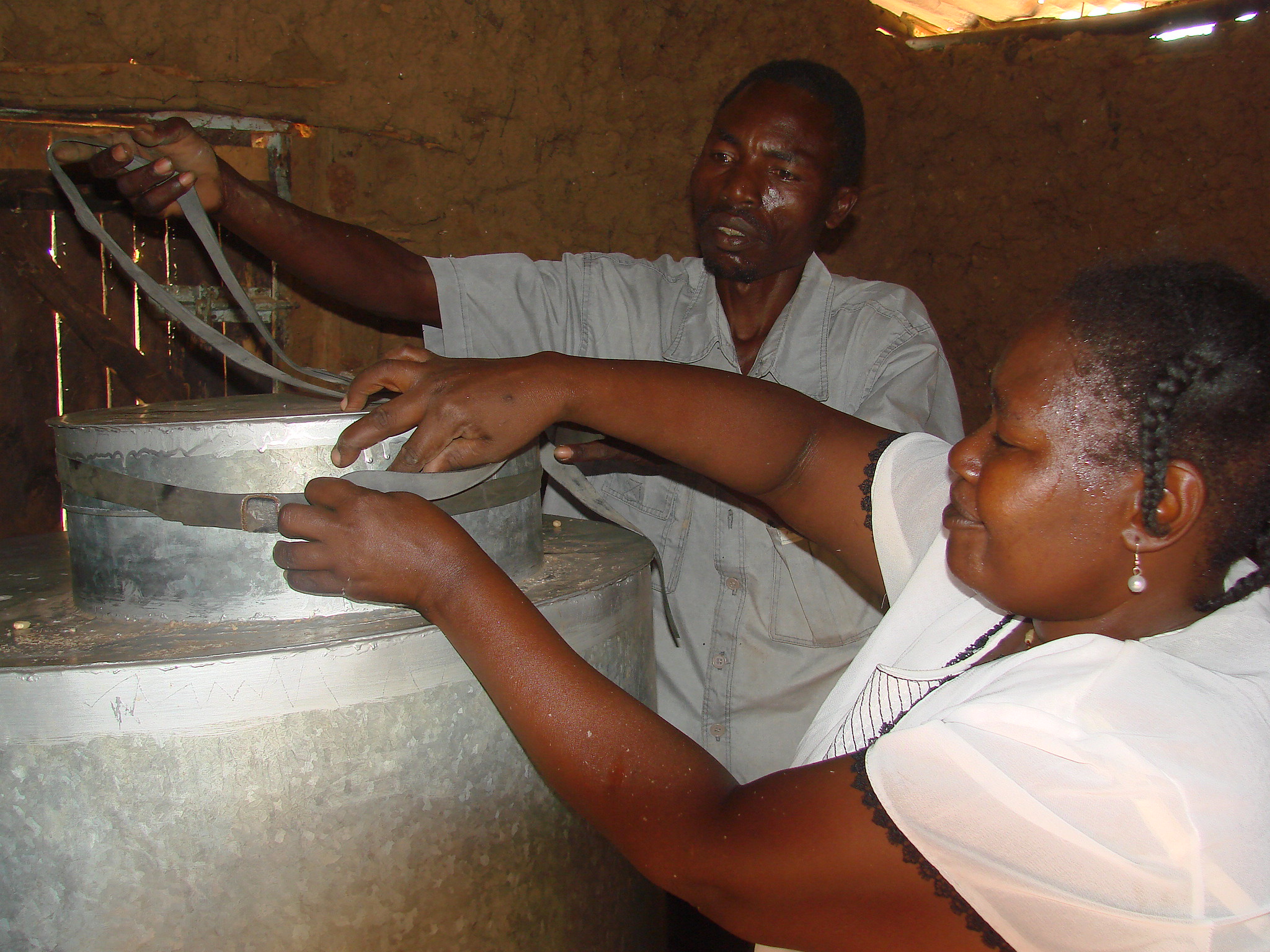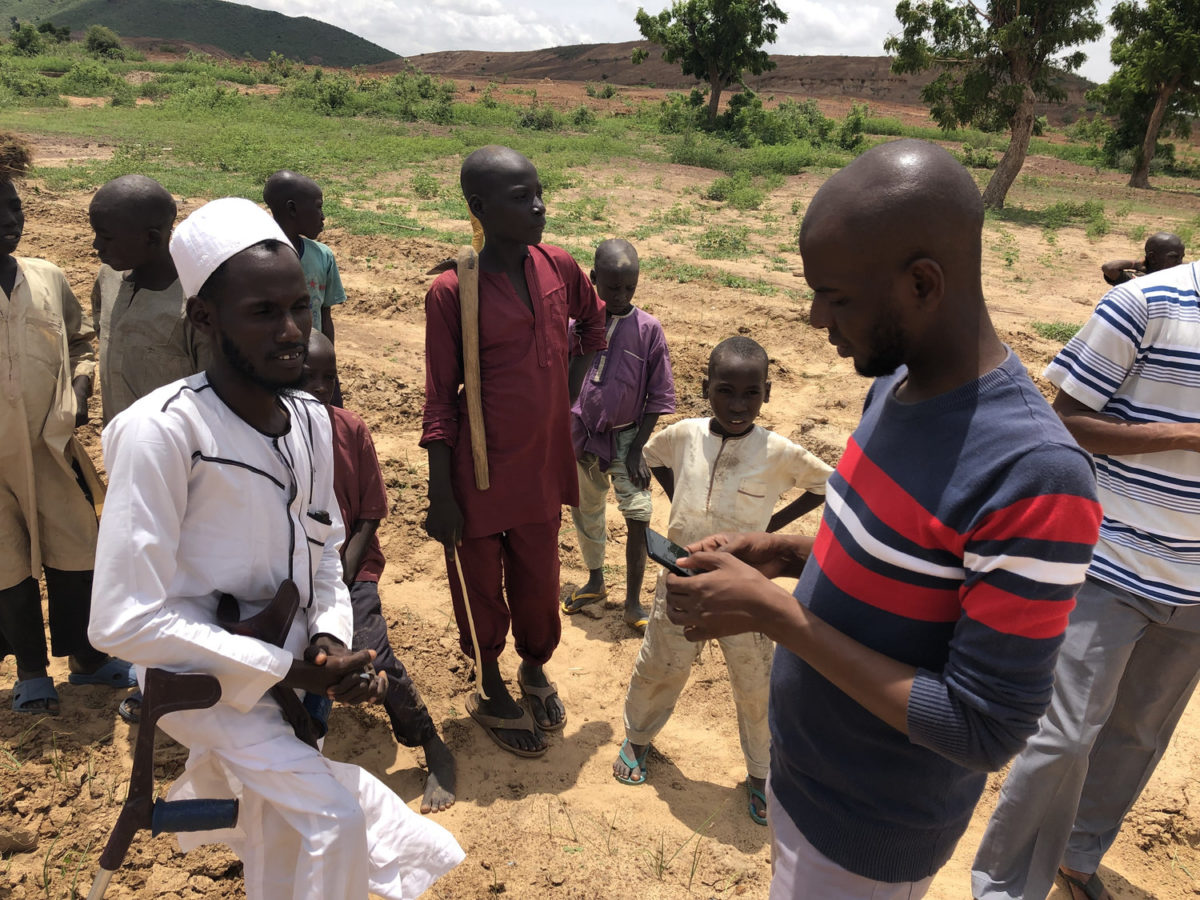Research Leads to Creation of Precision Agriculture for Development

Photo Credit: Adobe Stock
Precision Agriculture for Development (PAD) leveraged findings from two randomized evaluations to create and deploy a new mobile-phone based model for agricultural extension.
Traditional in-person agricultural extension (i.e. technical assistance) is the most common model used to transmit information to farmers in low- and middle-income countries, and it is often one of national agriculture ministries’ primary programs. But traditional extension models are expensive, difficult to scale, and don’t effectively deliver the customized, relevant, and timely information that smallholder farmers need to adopt practices that could increase their yields and profits—and ultimately their quality of life. Increased access to mobile phones and advances in data availability offer opportunities to improve on the traditional extension model by providing cheaper and more accessible ways of delivering tailored and timely agricultural information to smallholder farmers.
Funded by the Agricultural Technology Adoption Initiative (ATAI), co-managed by CEGA and J-PAL, two research teams independently conducted randomized evaluations that demonstrated the efficacy of mobile phones as tools to provide agricultural advice to help farmers adopt practices that boost yields. In Kenya, Lorenzo Casaburi (Zurich), Michael Kremer (Chicago and co-founder of PAD), and Sendhil Mullainathan (Chicago), together with Ravindra Ramrattan, partnered with Mumias Sugar Company (MSC) to send sugar cane farmers timely text messages to remind them of the tasks that should be performed at various points during the agricultural cycle. In a separate evaluation, Shawn Cole (Harvard and co-founder of PAD), together with A. Nilesh Fernando (Notre Dame) partnered with the Development Support Centre in the Indian state of Gujarat to evaluate the demand for and impact of a two-way, customized mobile-phone based agricultural advisory service for cotton farmers. Together, these two randomized evaluations suggested that farmers had unmet demand for locally-relevant agricultural information and advice, and mobile extension could provide an efficient, cost-effective platform to impart the knowledge farmers needed to optimize their practices and increase their yields.
Based, in part, on the above research, Shawn Cole, Michael Kremer, Dan Björkegren, and Heiner Baumann co-founded the nonprofit Precision Agriculture for Development (PAD) in 2016 to support smallholder farmers in low- and middle-income countries by providing customized information and services that increase productivity, profitability, and environmental sustainability. PAD continues to use research and learning to scale—now reaching over 3.56 million farmers in nine countries with evidence-informed mobile extension services, as of the third quarter of 2020. With a goal of improving the lives of 100 million farmers, PAD is committed to innovation, iteration, and evaluation as it scales its services.
This Evidence to Policy case study was originally drafted and posted by J-PAL. To read the whole story, visit this webpage: https://www.povertyactionlab.org/case-study/phone-based-technology-agricultural-information-delivery



